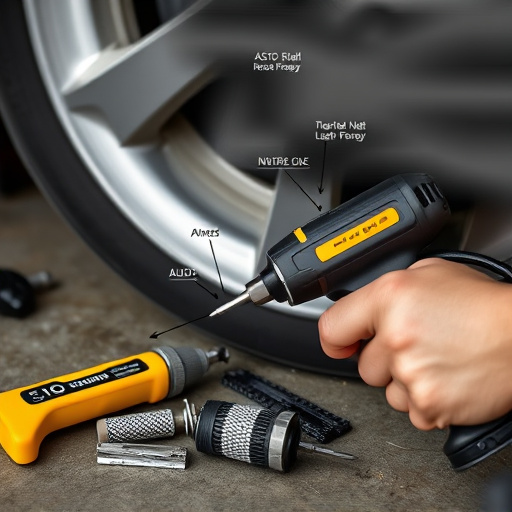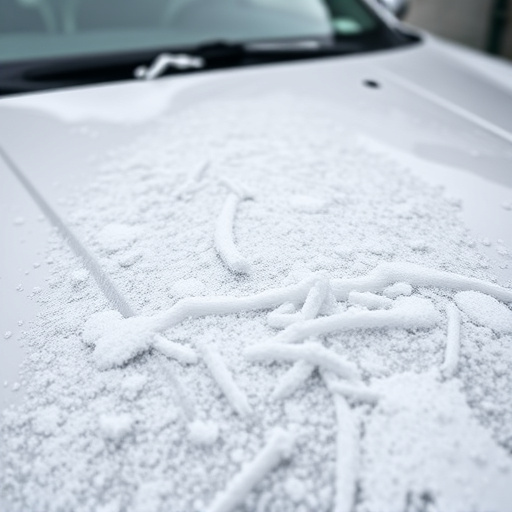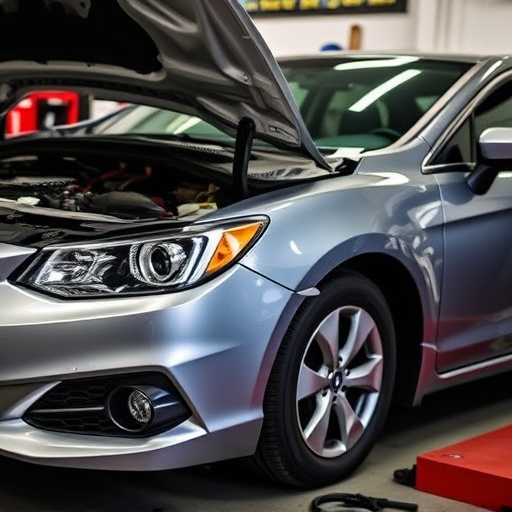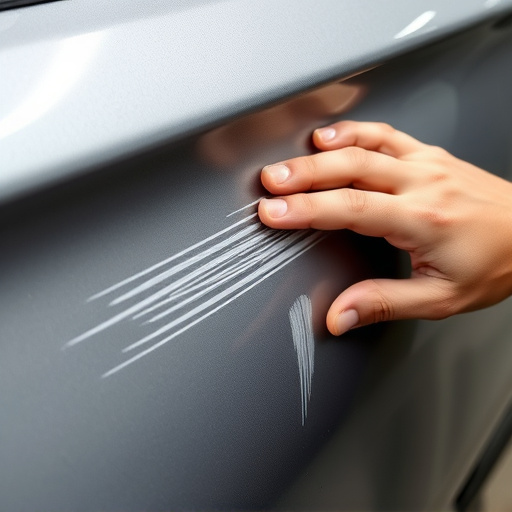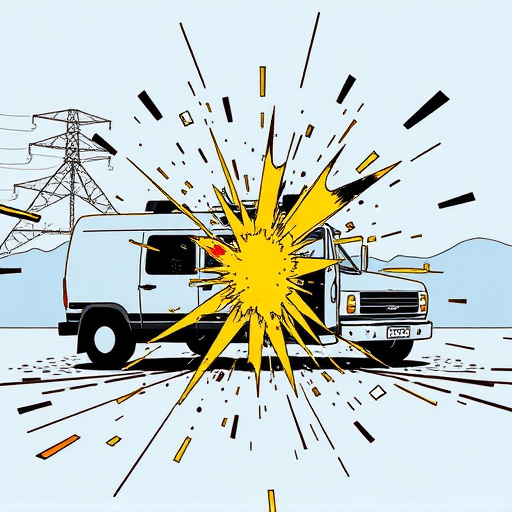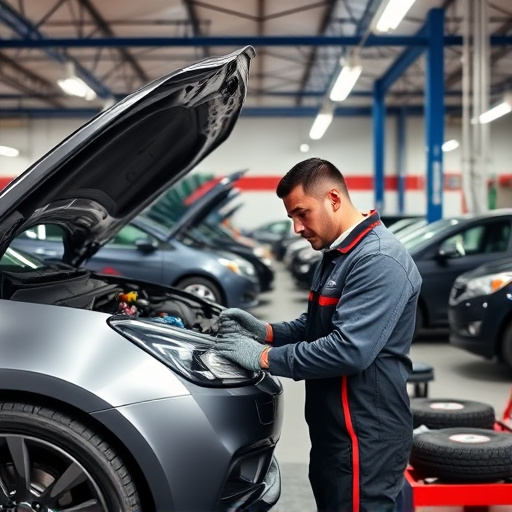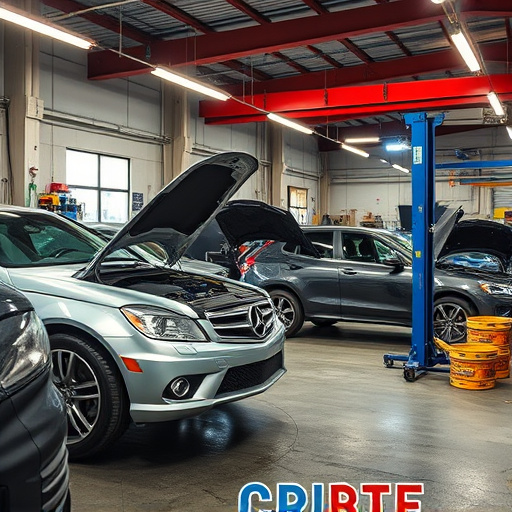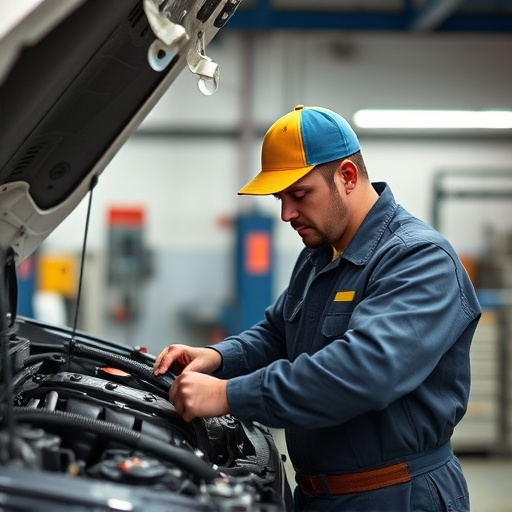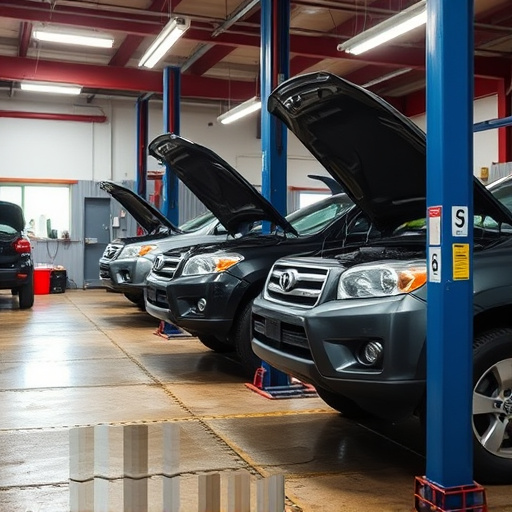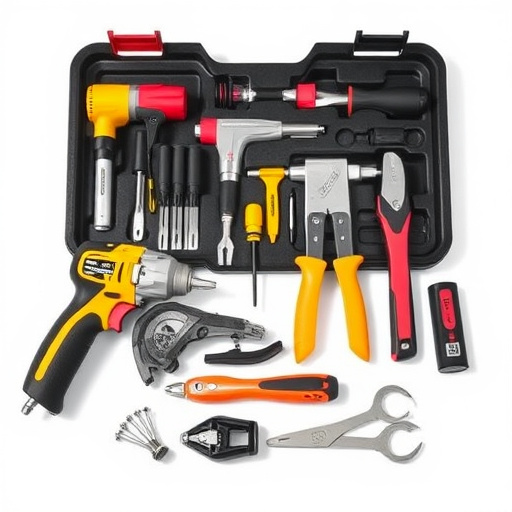Delay concerns in collision repair are a prevalent issue, stemming from complex repairs, outdated technology, and misaligned expectations among insurers, shops, and owners. This results in extended wait times due to insurance approval processes for specialized parts and techniques. To address these delays, effective communication with insurers, proper documentation, and selecting reputable auto shops offering comprehensive services like frame straightening and dent repair are crucial. These measures streamline the process, minimizing delays and restoring vehicles to pre-incident condition faster.
In today’s digital era, prompt collision repair is a priority for drivers facing insurance claims. However, various delay concerns can disrupt this process, leading to frustration and added stress. This article delves into the intricate world of collision repair delays, specifically targeting understanding and mitigating issues that often arise with insurance approval processes. By exploring common causes and effective strategies, you’ll gain valuable insights to navigate these challenges smoothly.
- Understanding Delay Concerns in Collision Repair
- Common Causes of Insurance Approval Delays
- Strategies to Mitigate and Resolve Repair Delays
Understanding Delay Concerns in Collision Repair

Delay concerns in collision repair are a common issue that can cause frustration for both insurance companies and vehicle owners. These delays can occur at various stages of the repair process, from initial assessment to final inspection. One of the primary reasons for delay is the complexity of the car body repair, especially with modern vehicles featuring advanced safety systems and intricate designs.
Automotive repair shops often need to order specialized parts or use specific techniques to ensure the safety and quality of the collision repair services. Additionally, insurance approval delays can further complicate matters, as they may require additional documentation or assessments before approving the repair cost. This back-and-forth communication can lead to prolonged wait times, causing inconvenience for vehicle owners who just want their cars back on the road safely.
Common Causes of Insurance Approval Delays
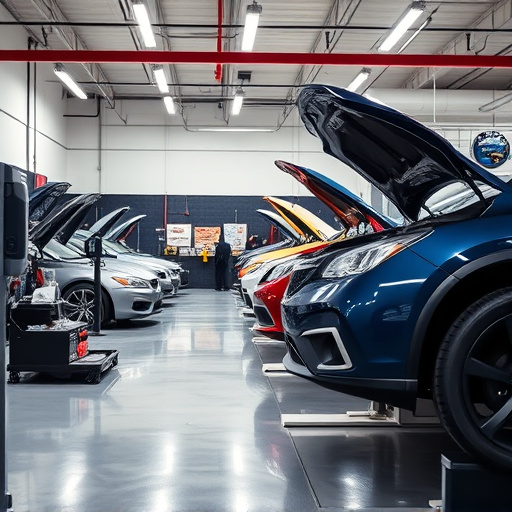
Insurance approval delays in collision repair can be attributed to several common factors. One of the primary causes is communication breakdowns between insurers, auto repair shops, and policyholders. Misaligned expectations or a lack of clear documentation can lead to significant time losses. For instance, an auto repair shop might complete repairs faster than estimated, but if the insurer hasn’t received all the necessary updates or documents promptly, it could delay the approval process.
Another frequent cause is the complexity of the repair work, especially in cases involving auto body painting or intricate mechanical fixes. Insurers often require detailed estimates and justifications for such repairs, which can take longer to compile. Additionally, if a collision center isn’t equipped with the latest tools or technology, it might encounter delays in providing accurate assessments, further complicating the approval process. These delay concerns can significantly impact both the auto repair shop’s efficiency and the policyholder’s satisfaction.
Strategies to Mitigate and Resolve Repair Delays
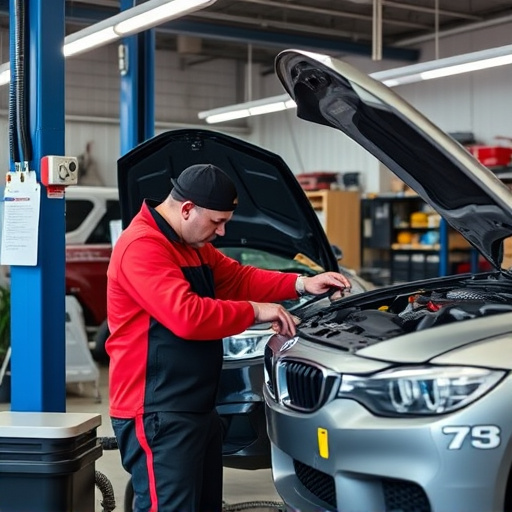
When it comes to collision repairs, understanding the root causes behind delay concerns is just half the battle won. To effectively mitigate and resolve repair delays, vehicle owners can take several proactive steps. One key strategy involves clear communication with insurance providers from the outset, ensuring all necessary documentation is in order and promptly submitted. This reduces back-and-forth exchanges that often lead to time losses.
Additionally, selecting reputable auto shops offering comprehensive services like frame straightening, vehicle dent repair, and top-tier auto detailing can significantly streamline the process. These facilities are better equipped to handle complex repairs swiftly, as they employ trained technicians and state-of-the-art equipment. By prioritizing these measures, delay concerns related to collision repair can be minimised, leading to a smoother, faster restoration of your vehicle to its pre-incident condition.
Delay concerns in collision repair can significantly impact both the customer experience and shop efficiency. By understanding common causes like documentation issues, communication breakdowns, and parts availability, and implementing strategies such as streamlined processes, efficient communication, and proactive parts management, collision repair shops can effectively mitigate and resolve repair delays. These steps not only ensure faster turnaround times but also enhance customer satisfaction and insurance approval rates.
